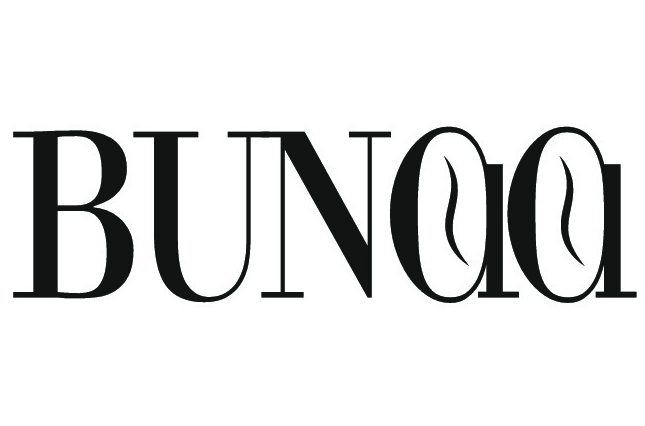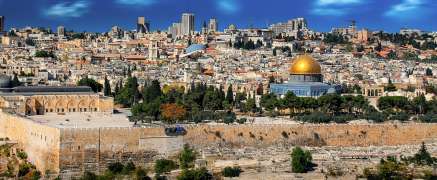The Israeli coffee culture is older than the state itself.
- The tradition was adopted by the Bedouins and Arabs.
- But also European influences can not be dismissed.
- Between 1995 and 1998 there was a regular coffee boom – 500 new coffee bars were opened.
- Pastries and cakes are at least as important as the different coffees.
- Btw. there is no Starbucks in Israel. After 6 stores were opened in Tel Aviv in 2001, they had disappeared again in 2003.
- Kosher must be the coffee of course. For coffee, this means that the raw product as well as the machines and equipment used in the premises were manufactured according to Jewish law, a rabbi was present at the production and observed this. On the packaging one can see this by means of the words Parve (Hebrew) or Pareve (Yiddish)
☕ Coffee Preparation
Kafe Shachor
Turkish Coffee. It is also called Israeli coffee. Prepared in Finjan, the coffee is drunk from small cups or glasses.
Kafe-Botz (mud coffee)
1/2 tsp of “Turki coffee”, boiling water, milk and sugar are put into a thick heat-resistant glass without handle and drunk. This is practical, because then you can see when the very fine coffee powder has settled on the ground.
Arabic Coffee
is boiled three times in tiny brass pots and then enjoyed with sugar in small porcelain cups.
Yemeni coffee
here a spice mixture of ground ginger, cardamom and cinnamon is added. The coffee is cooked and served in a Finjan, a metal coffee pot with a long handle for pouring.
Kaffee hafuch
Cappuccino, the most drunk outside house in cafes.


